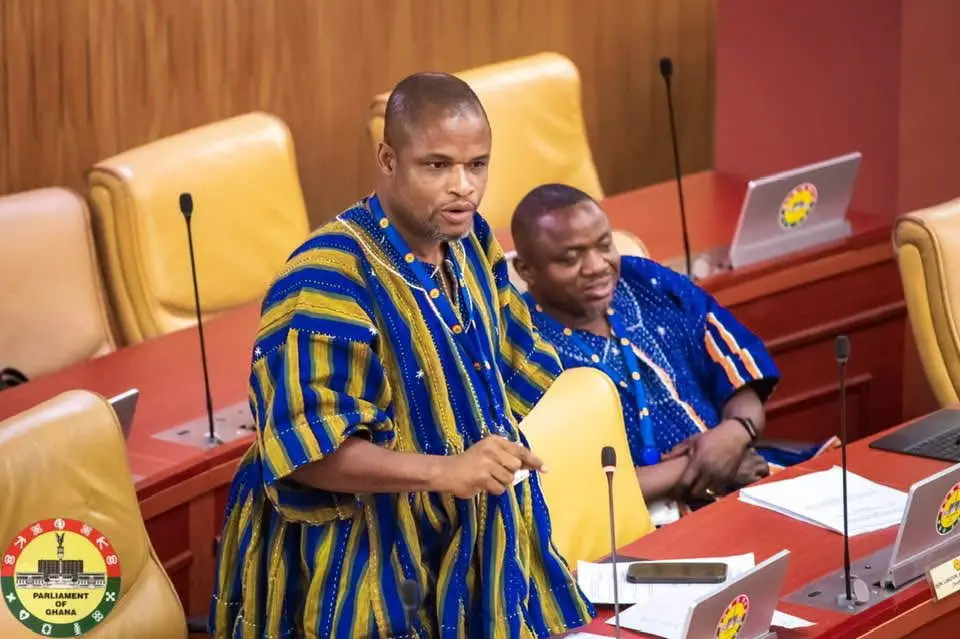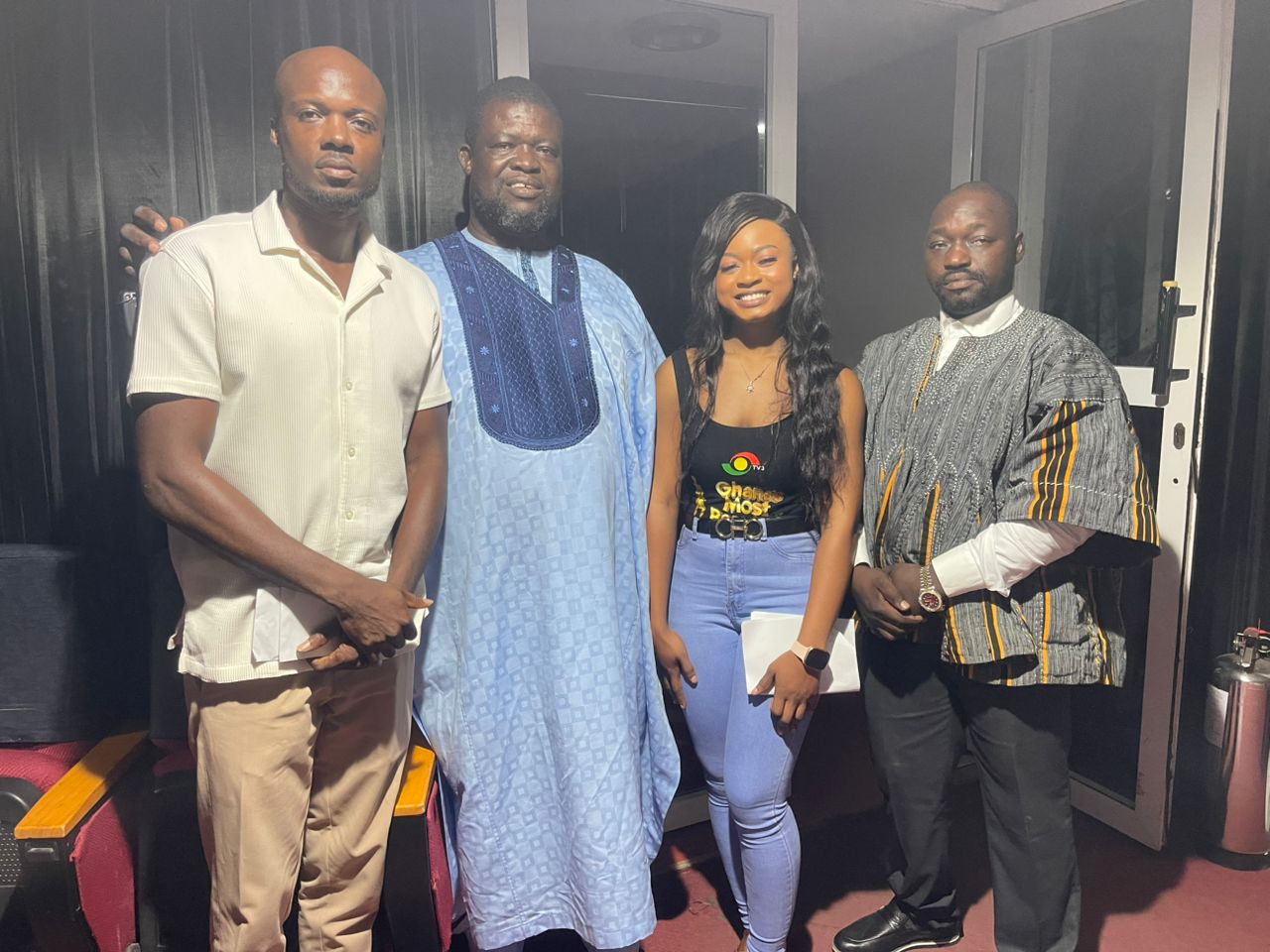
– Progress needs voices that speak truth with tact
Once upon a time, African leadership was a mysterious art form. You’d see a convoy of SUVs, hear a few sirens, then a carefully edited speech on TV—usually filled with big words, small meaning, and zero emotion. You’d watch it, nod politely, and wonder: does this person actually talk like that in real life?
But today, the world has changed. Communication has become the new currency of credibility. You can’t lead a country, a company, or even a community WhatsApp group without mastering the art of clear, courageous communication. Silence, once mistaken for wisdom, now looks like avoidance.
Because in this age of social media and citizen journalism, if you don’t tell your story, someone else will—and they may not be kind with the details.
The new expectation of leadership
Gone are the days when a leader could retreat behind bureaucratic jargon and press statements “signed by the secretary.” Africans today want more than polished speeches—they want honest conversations.
We live in an era where a single tweet can move markets, a 30-second TikTok can change public opinion, and one emotional apology can restore trust faster than a 20-page government report.
The public is no longer content with “no comment.” We want leaders who can explain complex realities in human language, who can show vulnerability without losing authority.
If you can’t communicate, people will assume you can’t lead.
Why silence is riskier than speaking up
Silence used to be a safe political strategy. You could “reserve comment” and wait for the storm to pass. Now, silence creates a vacuum—and nature (and social media) abhors a vacuum.
When leaders fail to speak, misinformation fills the gap. Rumors become reality. Hashtags turn into headlines. Before you know it, your silence is trending.
Take a cue from great communicators across the continent—leaders who show up, explain decisions, and speak directly to their people. Whether it’s a crisis or a celebration, clarity earns respect.
You don’t have to have all the answers. But you must have the courage to face the questions.
Truth tact = trust
Communication is not just about talking—it’s about how you talk. The most effective leaders blend honesty with empathy. They speak the truth, but they season it with tact.
There’s an African proverb that says, “The truth is like pepper; it should be served with care.” You can tell hard truths without burning tongues. That’s where skill meets courage.
For instance, when addressing citizens about tough economic measures, the difference between anger and acceptance often depends on tone. People can forgive pain if they believe you’re being real with them.
Truth, spoken with compassion, creates connection.
The new communication toolkit for leaders
To lead effectively today, every leader—whether political, corporate, or community-based—needs four communication habits:
- Listen first. Before you talk, know what matters to your audience. Great communication begins with curiosity, not confidence.
- Simplify always. If your grandmother in Kumasi or Kisumu can’t understand you, start over.
- Show up early. Don’t wait for public outrage to respond. Get ahead of the story.
- Be human. People connect with people, not press releases.
Remember, communication isn’t about perfection—it’s about presence. People value leaders who show up, not those who hide behind titles.
The legacy of voice
History remembers the voices that spoke up when it mattered most. From Mandela’s calm defiance to Wangari Maathai’s green courage to Ellen Johnson Sirleaf’s quiet strength—each leader used words to build movements, not monuments.
Today, Africa doesn’t lack talent or vision. It lacks voices—leaders willing to speak with courage and clarity, especially when it’s uncomfortable.
Progress doesn’t just need policies; it needs persuasion. Development isn’t driven by data alone; it’s fueled by dialogue.
So, to every leader—emerging or established—remember this: your silence may feel safe, but your voice can shape a generation. Speak truth. Speak tactfully. But above all, speak.
Because silence may be golden, but in leadership, it can also be costly.
>>> Need training? Email [email protected]
The post On Cue with Kafui Dey: The courage to communicate: why silence is no longer an option appeared first on The Business & Financial Times.
Read Full Story
















Facebook
Twitter
Pinterest
Instagram
Google+
YouTube
LinkedIn
RSS